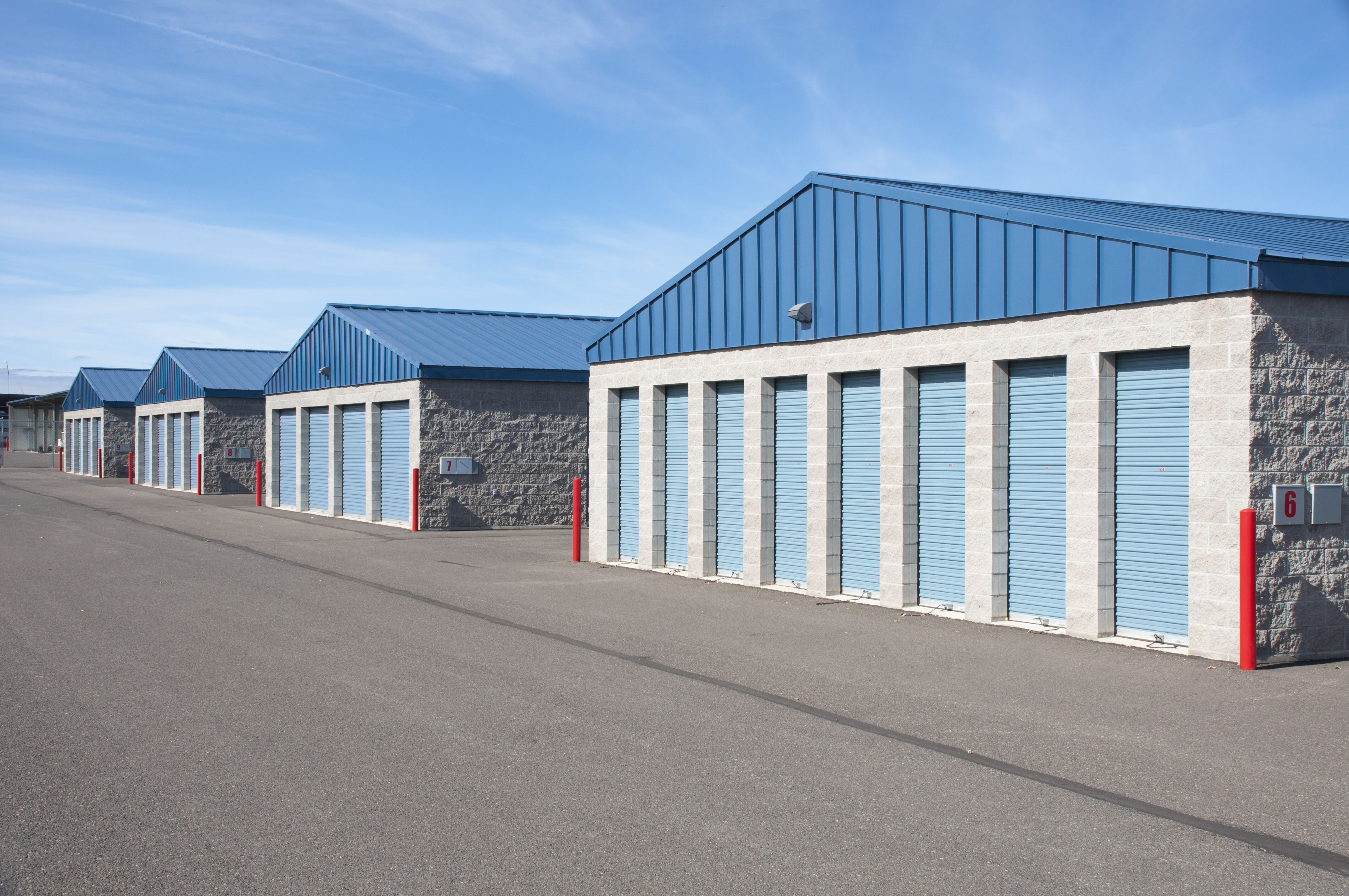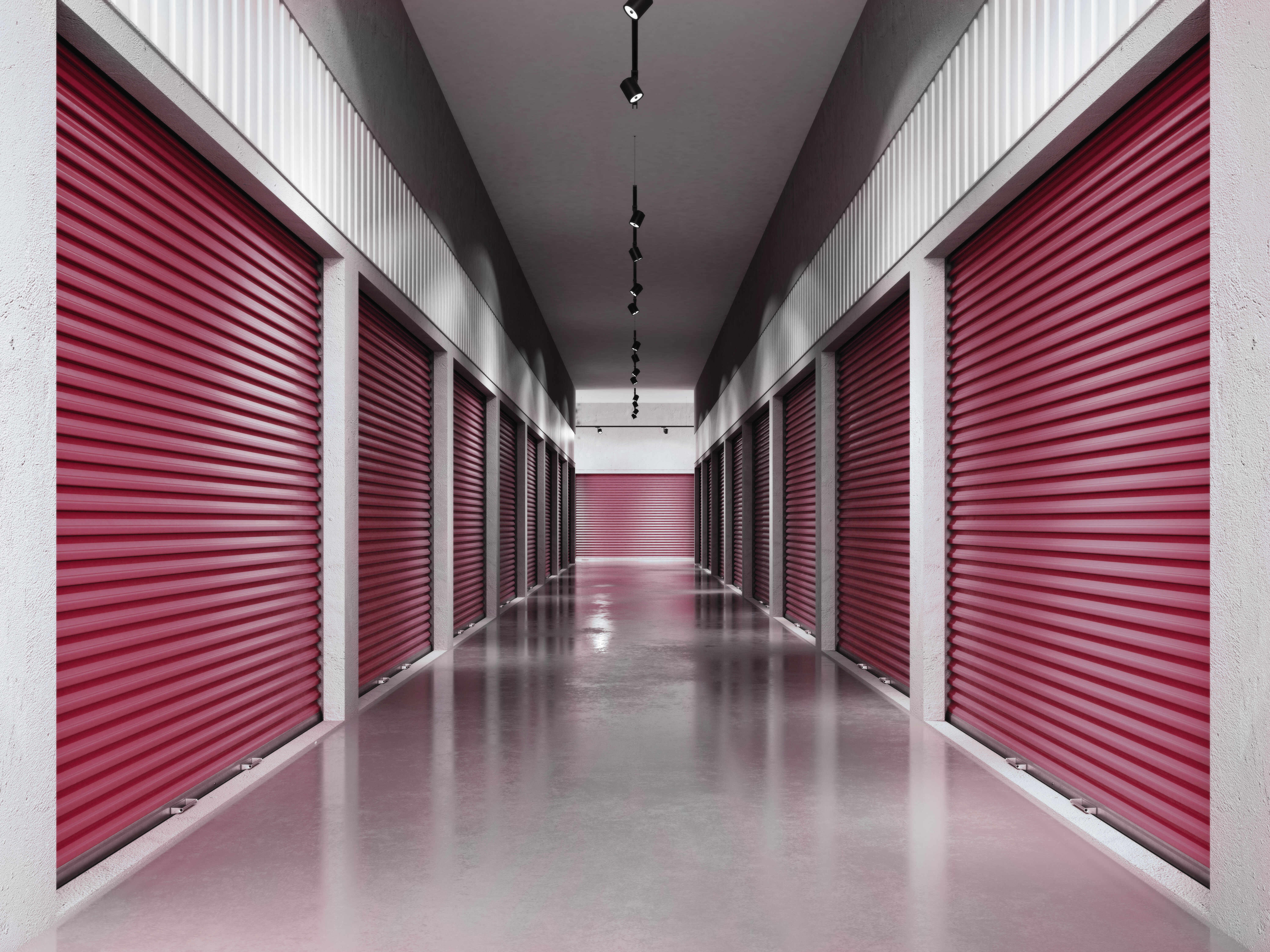Knowledge Center
Summary: Comprehensive Guide to Self Storage Insurance
- Essential Protection: Insures against property damage, theft, and liability for injuries.
- Coverage Specifics: Includes damage to buildings, personal property and covers various liabilities like cyber threats and environmental pollution.
- Cost Factors: Influenced by facility size, location and risk factors such as crime rates.
- Additional Coverages: Highlights unique needs like cyber liability, pollution liability and protection against employment-related claims.
- Risk Management: Essential for handling the diverse risks in the self-storage industry, from vandalism to cyber attacks.
Storage units, as an essential service for individuals and businesses seeking secure, off-site storage solutions, inherently carry risks ranging from property damage to theft. This is especially true as storage facility owners and managers have had to adapt to new and emerging threats.
It's crucial for storage unit owners to have comprehensive insurance coverage to safeguard their business and build trust with their clients. Insurance not only protects the physical assets and infrastructure of the storage facility but also covers liability for any injuries or accidents that might occur on the property.

What is Self Storage Insurance?
At its most basic, the business of self storage is straightforward. A business owner rents space for customers to use for storage. However, upon examining its operational layers, it becomes clear that self storage operators face unique risks every day.
Self storage insurance is designed to address the unique needs and risks associated with operating self-storage facilities. This type of insurance coverage goes beyond general business insurance, providing specific protections that cater to the nuances of the storage industry.
Do Storage Facilities Have Insurance?
Most business owners ensure individual storage units are insured by requiring renters to obtain their own policy. According to Forbes, it typically covers off-premises insurance for belongings located away from your house.
However, it is also important for self storage business owners to invest in more comprehensive coverage to protect every facet of their operation. The days when they might fully protect themselves with a simple addition of basic self storage insurance coverages such as Customer Goods Legal Liability and/or Wrongful Sale Liability are history. Currently, there are public self storage insurance risks that can and will expose operators to lawsuits which will threaten your investment’s financial stability.
How Much is Self Storage Insurance?
The cost of self storage insurance for facilities can vary. The final premium ultimately depends on the size of your facility, its location, and other specific risk factors involved, such as crime rates and potential for natural disasters.
Generally, insurance premiums might range from a few thousand dollars to tens of thousands annually for larger facilities or those in high-risk areas. An experienced insurance provider can help to ensure you receive a quote that reflects your unique needs and risks.
What Does Public Storage Insurance Cover?
The self storage business is a unique model that demands a unique approach when it comes to insurance coverage. There are a number of basic coverage packages that every responsible self storage operator should consider:
- Building & Personal Property: A basic but necessary blanket coverage for all your buildings and personal property, based on a replacement cost basis.
- Equipment Breakdown: Comprehensive coverage for all equipment breakdown exposures. (This includes a wide range of equipment you may not always necessarily consider)
- Business Income: Business interruption insurance recovers lost income when you’re shut down due to a covered peril. I
- Crime: Covers any/all employee dishonesty/theft, as well as all money & securities.
- Debris Removal: Covers the cost of debris removal for property damaged by any insured peril.
- Ordinance or Law Coverage: Covers the cost of necessary upgrading to all current building codes following loss.
- Outdoor Signs: Covers damage to any/all outdoor signage.
- Flood- Covers the cost of flooding damage.
- Earthquake: Covers cost of damage due to earthquakes.
With the emergence of new technologies and environmental threats, it’s important for business owners to look for additional coverage based on their needs. This is World’s list of the top updated self-storage coverage options.
1. cyber liability
Cyber liability insurance is critical to protect self-storage businesses from the rising threat of data breaches and cyber attacks. It covers expenses like credit monitoring, public relations, regulatory fines, and legal defense costs in the event of a cyber incident. This helps to maintain the client trust you deserve.

2. Employement practices liability
EPLI coverage protects self-storage businesses against employment-related claims, such as harassment, discrimination and even COVID-19 workplace issues. It covers defense costs and damages, including coverage areas often excluded from standard self-storage policies.
3. Pollution liability
Pollution liability insurance is essential for self-storage facilities, as they may store hazardous materials that could lead to lawsuits due to environmental damage or health issues. This coverage defends against such claims that come from lawsuits related to harmful damages. It’s not to be confused with Pollution Removal, which is a part of property coverage that assists with materials disposal.
4. Directors & Officers (D&O) Liability
D&O liability insurance is crucial if the self-storage business has partnerships or joint ownership arrangements. It protects executives, officers,, and other members from claims related to breach of duties and other exposures that can arise in collaborative business structures.
5. hired & non-owned auto liability
This coverage protects the self-storage business if an employee gets into an accident while driving their personal vehicle for work-related purposes, such as making bank deposits or attending off-site meetings. It covers liability for bodily injury and property damage. Any employee could cause an insurance issue should that employee simply state they were “on their way to/from work” when any accident occurred. This makes this coverage crucial.

6. Roof Replacement Coverage
Self-storage policies often have restrictive endorsements related to roof damage, such as requiring a structural engineer's report to prove the roof was disengaged or only providing actual cash value for roof replacement. Securing full replacement cost coverage for the roof is important.
7. Extended Business Income
Extending the business income coverage period beyond the standard 12 months is important for self-storage facilities, as it can take longer for them to return to pre-loss occupancy levels compared to other businesses. An Increased Period of Restoration will allow for a longer timeframe for reconstruction. More importantly, an Increased Period of Indemnity provides extended time to rent after restoration is complete.
8. Ordinance or Law Coverage
This coverage ensures the self-storage business is protected if upgrades are required by building codes (e.g., for ADA compliance) when rebuilding after a covered loss, as standard replacement cost policies do not cover these increased construction costs.
The Importance of Self Storage Insurance
From a risk management perspective, the self storage industry is much more involved than simply selling storage space to consumers. Business owners face a wide range of potential risks due to the diverse and often unpredictable nature of their client base. Self-storage facilities must be prepared to handle a near-incalculable number of issues that may arise.
Among the many risks unique to the self-storage business:
- Environmental and Pollution Hazards: Self-storage facilities provide convenient long-term storage access to clients, but this also increases the risk of clients unknowingly introducing costly environmental or pollution hazards. Clients may be unaware of regulatory restrictions, making pollution liability coverage crucial.
- Vandalism, Burglary, Theft, and Arson: The relatively low security presence at self-storage facilities compared to other high-value businesses makes them a preferred target for criminal activity. Comprehensive security measures and dedicated law enforcement response, backed by appropriate insurance coverage, are necessary.
- Property Damage and Weather: Due to the lack of constant client traffic and usage, self-storage facilities are particularly prone to property damage, deterioration and weather-related issues. Maintaining weather-proof exteriors and having the right property insurance coverage are essential.
- Cyber Security Threats: While cyber attacks may not initially seem like a priority for the self-storage industry, the reality is that these threats pose a significant risk. Cyber liability insurance is crucial, as up to 93% of small and midsize enterprises that experience a cyber incident report severe business impacts, including financial losses and reputational damage.
The above key public storage insurance coverages play a critical role throughout any claims situation yet must also be carefully and regularly reassessed as your company evolves, expands and prospers.
An experienced, professional self storage agent can and will present your best self storage insurance policy options to protect your all-important investment and keep your business future on the right track.
Learn more about your options for self storage insurance from the experts at World Insurance.
This article is not intended to be exhaustive, nor should any discussion or opinions be construed as legal advice. Readers should contact legal counsel or an insurance professional for appropriate advice.
We’re ready to help you
protect what matters most
Discuss your options for protecting your reputation and your business.


